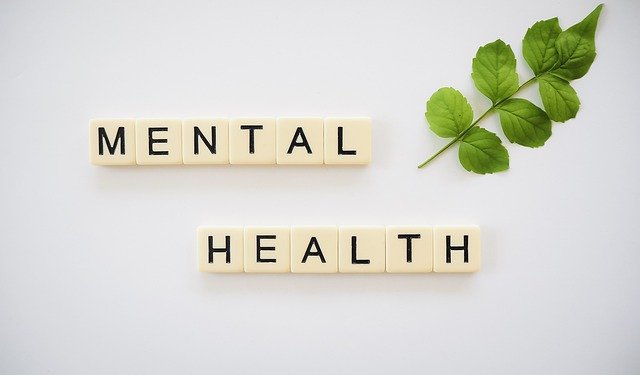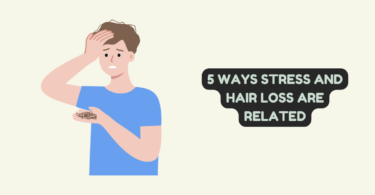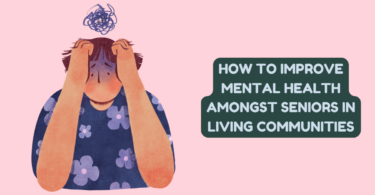
Mental Health
As women we are often expected to be able to handle everything. We are supposed to tend to our families, homes, careers, and wider communities. This is all supposed to be done with a smile on our faces. In truth most of us struggle to juggle everything. Amid this struggle, we can develop a wide range of physical and mental health issues. When working to improve our health, it is critical to consider our overall well-being. Sometimes the stress we experience in our lives leads to physical ailments such as cold sores or addictions. In other cases, stress simply drains us and makes it difficult for us to put ourselves first.
How Stress Impacts Women?
Stress is the body’s reaction to everyday situations. There are both positive and negative aspects to it. Stress can help inspire us to achieve our ambitions or make just getting through the day challenging. Physical, emotional, mental, and occupational stress symptoms are all common among women. Money, job security, health, and relationship concerns are all common sources of stress for men and women. Women’s duties, on the other hand, involve the extra stress of household responsibilities, and oftentimes caring for children and/or aging parents.
As the demands on us to perform these responsibilities grow, we may become overwhelmed by time constraints and unfulfilled duties. A personal wellness plan that includes time for recovery and self-care can help women manage stress and empower them to adopt healthy lifestyle choices. Stress may harm a woman’s health by causing depression and anxiety. In addition, it can cause heart conditions, headaches, migraines, obesity, intestinal problems, pregnancy complications, menstrual problems, and other disorders.
Stress and Substance Abuse
Untreated mental health issues might lead to drug or alcohol use for self-medication. This can lead to addiction. Because the substance temporarily masks the signs of the disease, many women continue to drink or use drugs, despite the physical and social consequences of their addiction. Furthermore, drug abuse can exacerbate or precipitate ongoing mental health problems. Overconsumption of alcohol, for example, might result in brain changes that exacerbate depression symptoms. Drug and alcohol addiction can also aggravate underlying mental problems by increasing life pressures.
We must replace our addiction with healthy coping methods to successfully recover from addiction. In many cases we will find our addiction is co-occurring, and we need a dual-diagnosis program because various medical and psychological disorders tend to coexist. Women in early recovery should be tested and evaluated for underlying mental health concerns that may have contributed to the onset of alcoholism or drug addiction. It is imperative to seek women only dual diagnosis treatment so that we know we are receiving evidence-based therapy. We want to make sure that we are simultaneously being treated for our addiction and any co-occurring mental health disorders we might have.
Stress And Cold Sores
Besides affecting mental health and making us more susceptible to addiction, stress can also negatively impact our physical health. For example, when we are stressed, we are more likely to have digestive issues, have higher blood pressure, or face a breakout of cold sores. Cold sores are a common viral illness that causes small, fluid-filled blisters around your lips. Hormonal changes and pregnancy can also cause cold sores to appear. To combat these triggers, it is critical to eat a well-balanced diet, exercise moderately, and avoid stress and exhaustion.
Sun exposure is also widely recognized as one of the causes of cold sores. We should make sure we wear sunscreen and lip balm with SPF 30 to protect our lips. This will allow us to protect ourselves from the sun’s damaging rays. Stress and tiredness are tough to overcome, but meditation and breathing exercises can prevent them. Our immune system and the rerouting of our body’s defenses when we are stressed, might make it more likely that cold sores will appear.
Stress can also make cold sores more persistent and severe. The most effective method to deal with a reduced immune system is to get enough sleep, consume nutritious foods, exercise regularly, and stop smoking and drinking. Intravenous treatment can restore vitamin balance, provide immediate relief, and boost energy. The greatest defense against illness is to identify triggers and avoid them.






